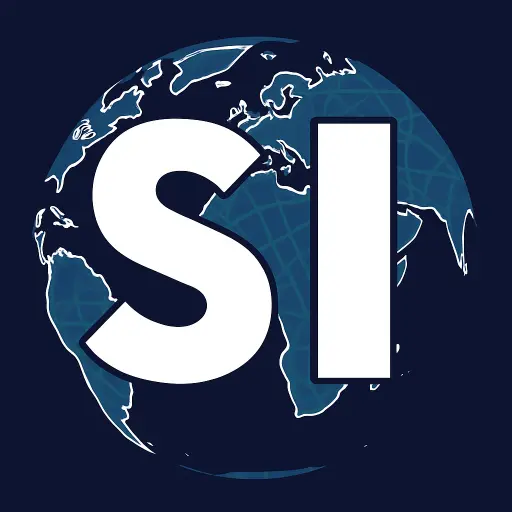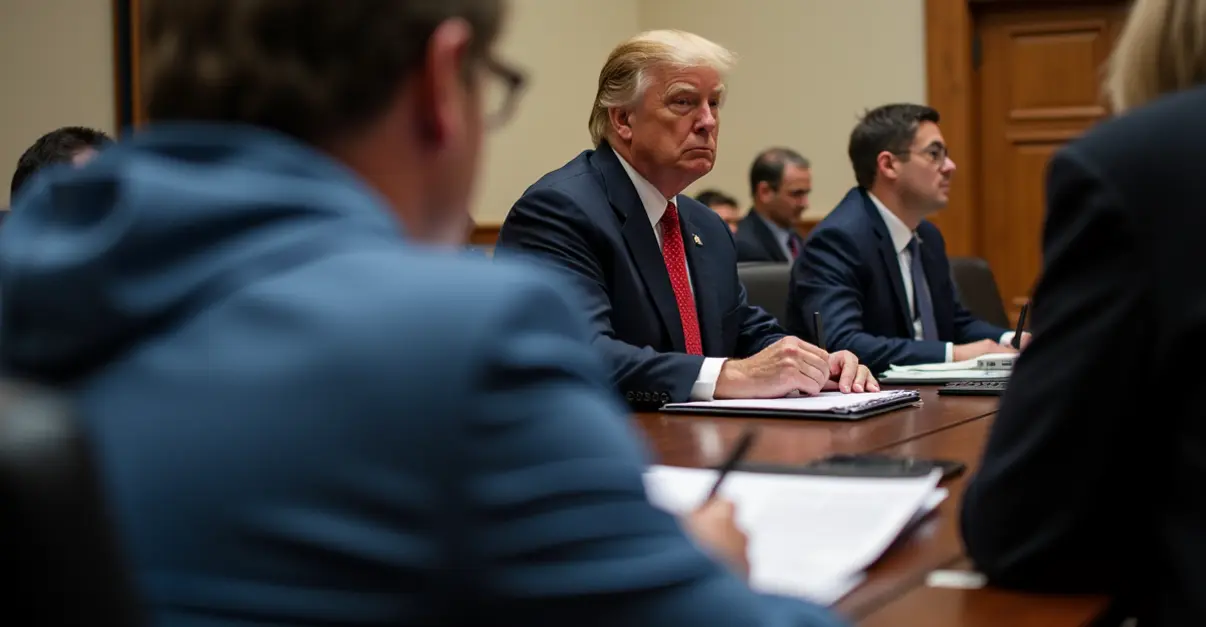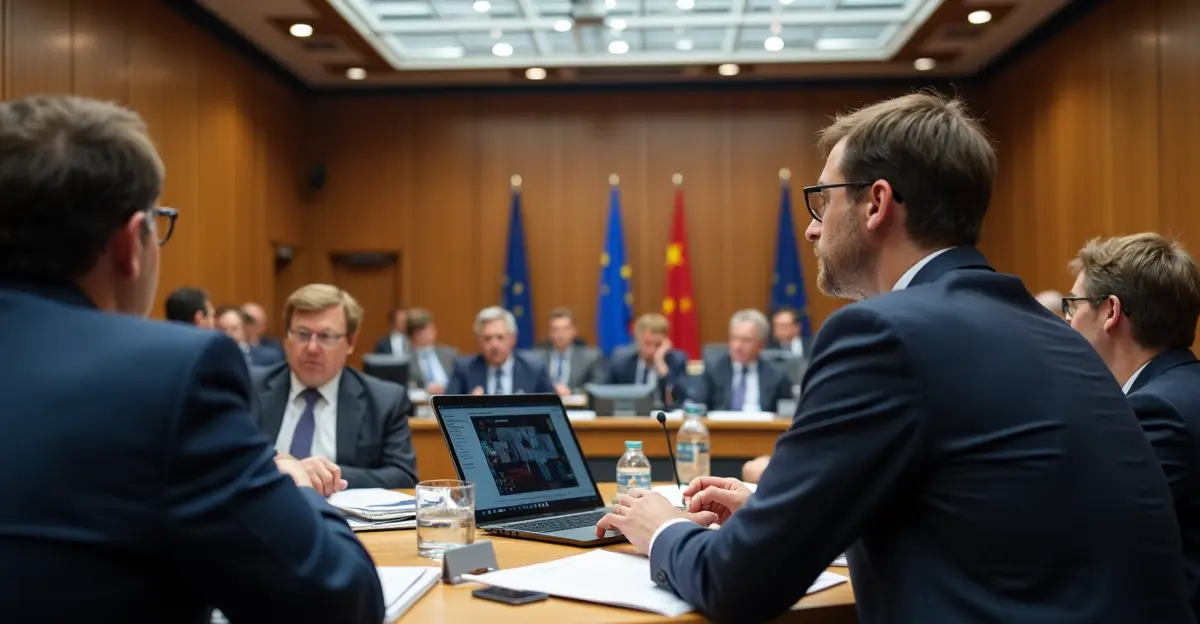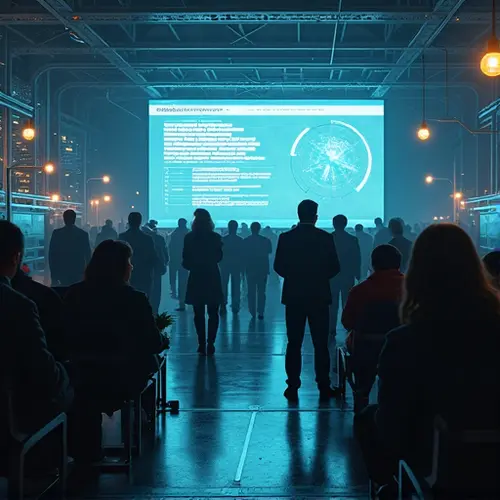Major Policy Shift as Agencies Embrace Negotiated Divestitures
In a significant departure from the previous administration's approach, U.S. antitrust authorities have returned to negotiated merger remedies in 2025, marking a dramatic shift in enforcement policy that could reshape corporate deal-making for years to come. Both the Department of Justice and Federal Trade Commission have approved their first conditional clearances under the new administration, signaling a more pragmatic approach to merger enforcement.
Landmark Cases Signal New Era
The DOJ recently cleared Keysight Technologies' $1.5 billion acquisition of Spirent Communications, requiring divestiture of Spirent's high-speed ethernet testing, network security testing, and RF channel emulation businesses to VIAVI Solutions. 'This settlement preserves competition in critical communications test equipment markets where the companies collectively dominate,' said Assistant Attorney General Jonathan Kanter. 'Without these divestitures, the merger would likely result in higher prices, lower quality, and reduced innovation.'
Similarly, the FTC approved Synopsys' $35 billion acquisition of Ansys with divestiture requirements, mandating that both companies transfer specific software tools to Keysight Technologies. The Commission alleged the merger would eliminate head-to-head competition in three key software tool markets essential for semiconductor and light simulation device design.
Return to Traditional Remedy Policies
The new approach represents a clear departure from the Biden Administration's historically low acceptance rates for merger remedies. According to the DAMITT Q2 2025 report, six significant U.S. merger investigations concluded in the second quarter - more than double Q1 2025 and on pace to exceed 2024 totals. Notably, five of these were consents (pre-complaint settlements), marking the highest number in a single quarter since Q2 2022.
'We're seeing a return to traditional remedy policies with product carve-outs and acceptance of mix-and-match remedies combining assets from both parties,' explained antitrust attorney Sarah Miller. 'The agencies are demonstrating greater flexibility while maintaining their preference for structural remedies over behavioral fixes.'
Market Dominance Concerns Drive Divestitures
In the Keysight-Spirent case, the companies collectively held 85% of the high-speed ethernet testing market, over 60% of network security testing, and more than 50% of RF channel emulator markets. The divested businesses represented about 40% of Spirent's total revenues, demonstrating the significant scope of required remedies.
The Synopsys-Ansys merger involved even larger stakes, with the FTC requiring divestiture of Synopsys' Optical Solutions Group (valued at $850 million) and Ansys' PowerArtist RTL analysis platform. 'These divestitures preserve competition in critical software tool markets that are essential for semiconductor innovation,' noted FTC Chair Andrew Ferguson.
Global Coordination and Enforcement Trends
The shift in U.S. policy aligns with global enforcement approaches, with both transactions receiving coordinated reviews from international regulators including the European Commission, UK Competition and Markets Authority, and China's SAMR. The average duration of U.S. merger investigations increased to 12.6 months for H1 2025, up from 11.3 months in 2024, reflecting more thorough reviews.
Meanwhile, the European Commission concluded three significant merger investigations in Q2 2025 and launched a comprehensive review of EU merger guidelines, suggesting continued robust enforcement despite the policy shift in the U.S.
Outlook for Future M&A Activity
According to analysis from the Harvard Law School Forum on Corporate Governance, M&A activity is expected to increase in 2025 following a moderate uptick in 2024, with global deal volume reaching $3.17 trillion. The return to negotiated remedies under the new administration is likely to encourage more transactions, particularly in technology, healthcare, and energy sectors.
'The agencies' willingness to negotiate settlements allows procompetitive benefits to proceed while addressing antitrust concerns,' said corporate governance expert Michael Thompson. 'This avoids litigation that could bog down innovation and represents a more practical approach to merger enforcement.'
The developments suggest that while antitrust enforcement remains robust, the new approach provides greater predictability for companies considering strategic acquisitions, potentially fueling increased M&A activity across multiple industries in the coming years.

 Nederlands
Nederlands
 English
English
 Deutsch
Deutsch
 Français
Français
 Español
Español
 Português
Português










